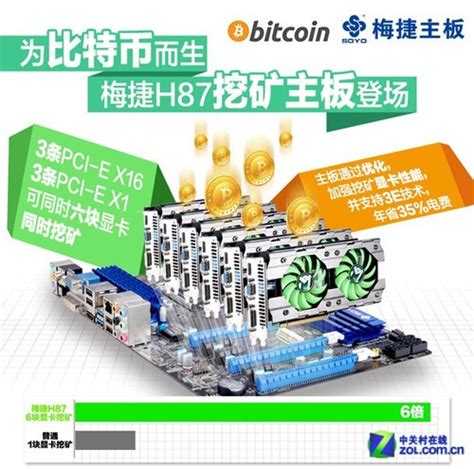Title: Exploring Huawei's Potential in Blockchain App Development
In recent years, the integration of blockchain technology into various industries has sparked significant interest. As a leading technology company, Huawei has undoubtedly explored opportunities in this domain. Let's delve into the potential of Huawei in developing blockchain applications.
Understanding Blockchain Technology:
Before delving into Huawei's potential, it's crucial to understand the fundamentals of blockchain technology. Blockchain is essentially a decentralized, distributed ledger technology that records transactions across multiple computers in a way that ensures the security, transparency, and immutability of data. It has applications across various sectors, including finance, supply chain, healthcare, and more.
Huawei's Expertise and Resources:
Huawei boasts a robust ecosystem of technologies and resources that could be leveraged for blockchain app development:
1.
Hardware Infrastructure:
Huawei is renowned for its highquality hardware infrastructure, including servers, data centers, and networking equipment. These resources can provide a solid foundation for hosting blockchain networks securely and efficiently.2.
Cloud Services:
Huawei Cloud offers a range of services, including storage, computing, and database solutions. Integrating blockchain with Huawei Cloud can facilitate the deployment and management of blockchain applications, providing scalability and reliability.3.
Security Solutions:
Security is paramount in blockchain applications. Huawei's expertise in cybersecurity can ensure the integrity and confidentiality of data on blockchain networks, mitigating risks such as unauthorized access and data tampering.4.
Research and Development:
Huawei invests significantly in research and development across various technologies. This investment could drive innovation in blockchain, leading to the development of new applications and solutions.Potential Applications of Huawei Blockchain App:
1.
Supply Chain Management:
Huawei could develop blockchain applications for supply chain management, enabling transparent and traceable transactions throughout the supply chain. This can enhance efficiency, reduce costs, and mitigate risks such as counterfeit products and supply chain fraud.2.
Digital Identity Management:
Blockchainbased digital identity solutions could empower individuals to control their identity information securely. Huawei's expertise in telecommunications and digital infrastructure could be instrumental in developing and deploying such solutions at scale.3.
Finance and Payments:
With its experience in mobile technology and payment solutions, Huawei could explore blockchainbased payment systems, facilitating secure and fast crossborder transactions while reducing transaction costs.4.
Smart Contracts and Decentralized Applications (DApps):
Huawei could develop platforms for creating and executing smart contracts and decentralized applications. These applications could automate various processes across industries, from insurance and real estate to healthcare and voting systems.Challenges and Considerations:
While Huawei has the potential to excel in blockchain app development, several challenges and considerations must be addressed:
1.
Regulatory Compliance:
Blockchain technology is subject to regulatory scrutiny in many jurisdictions. Huawei must ensure compliance with relevant laws and regulations to mitigate legal risks associated with blockchainbased solutions.2.
Interoperability:
Interoperability between different blockchain networks and systems is crucial for widespread adoption. Huawei may need to collaborate with other technology providers and standardization bodies to ensure compatibility and seamless integration.3.
Scalability and Performance:
As blockchain networks grow in size and complexity, scalability and performance become critical concerns. Huawei must optimize its infrastructure and algorithms to support high transaction throughput and low latency, especially for enterprisegrade applications.4.
Privacy and Data Protection:
Protecting user privacy and sensitive data is paramount, particularly in blockchain applications. Huawei should implement robust encryption and privacypreserving techniques to safeguard user information while ensuring transparency and accountability.
Conclusion:
In conclusion, Huawei possesses the expertise, resources, and technological prowess to make significant strides in blockchain app development. By leveraging its hardware infrastructure, cloud services, security solutions, and research capabilities, Huawei can explore a wide range of applications across industries. However, addressing regulatory compliance, interoperability, scalability, and privacy concerns will be crucial for the successful adoption and deployment of blockchain solutions. With strategic planning and collaboration, Huawei can emerge as a key player in the evolving landscape of blockchain technology.











